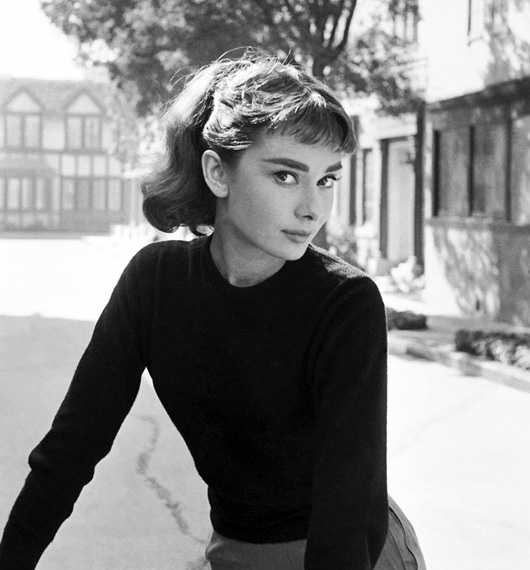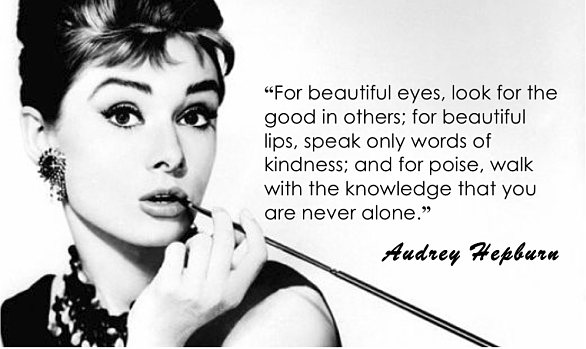Just to shake things up a bit:
Robin Williams: he began as a one note impression of Jonathan Winters and grew into a first tier talent, capable of carrying a movie despite being better suited by temperament for supporting roles. His first efforts to move from the small to larger screen were of mixed critical and popular success. Popeye failed to capture much of the public imagination but The World According to Garp was a modest hit with critic and public alike, setting the stage for Williams true arrival several years later in Good Morning Vietnam. Between Garp and Good Morning were several smaller films that offered Williams a chance to sharpen his craft, but did little to nothing to advance his career otherwise.
Good Morning Vietnam (1987): The story of Adrian Cronauer, a radio personality who comes to the Vietnam war on no particular mission except to do what he does best, entertain. But with time and exposure to both the war and the people caught up in it, he comes to view his role and those who dictate it with a very different lens. Williams ad lib radio bits and the general proximity of his stage persona may have hurt his chances of snagging the Academy Award, but he did garner a Golden Globe and recognition as an actor in full possession of his craft.
The Dead Poets Society (1989): When John Keating (Williams) comes to a stodgy private academy to teach literature and life to the sons of elite, trouble is in the making. Williams surprised many with an excellent but understated performance and gathered his second nomination for an Oscar as Best Actor. But Oscar glory was still some ways ahead. A very, very good film.
The Fisher King (1991): Williams returns to comedic form, but blends in a good bit of serious drama in this unusual and compelling tale of a man named Parry, driven mad by grief and loss. His redemption comes with the help of another man in need of it and the inadvertent root of his misery. Jeff Bridges does a good turn in the role of the radio shock jock who inadvertently sends a killer into the life of Parry then strives to affect both their redemptions. A critical success that did modest box office.
Mrs. Doubtfire (1993): Williams turn as a man pretending to be a woman in order to become close to his estranged family was a huge hit with public and critics alike, garnering yet another Oscar nomination for Williams along with another Golden Globe win. Funny and endearing, even if a little derivative (see: Tootsie...but then, see Some Like it Hot, so...)
Good Will Hunting (1997): a decade after Good Morning put him on the map Williams finally wins his Oscar for a turn as a psychiatrist who helps bring a measure of structure and peace into the life of a tortured genius. Terrific film and Williams at the height of his powers. It would also (so far) prove to be the end of great roles and a career diminishing sufficiently that he will soon be starring on television again.
Hon. Men.: Hook, Jumanji, World's Greatest Dad.
Robin Williams: he began as a one note impression of Jonathan Winters and grew into a first tier talent, capable of carrying a movie despite being better suited by temperament for supporting roles. His first efforts to move from the small to larger screen were of mixed critical and popular success. Popeye failed to capture much of the public imagination but The World According to Garp was a modest hit with critic and public alike, setting the stage for Williams true arrival several years later in Good Morning Vietnam. Between Garp and Good Morning were several smaller films that offered Williams a chance to sharpen his craft, but did little to nothing to advance his career otherwise.
Good Morning Vietnam (1987): The story of Adrian Cronauer, a radio personality who comes to the Vietnam war on no particular mission except to do what he does best, entertain. But with time and exposure to both the war and the people caught up in it, he comes to view his role and those who dictate it with a very different lens. Williams ad lib radio bits and the general proximity of his stage persona may have hurt his chances of snagging the Academy Award, but he did garner a Golden Globe and recognition as an actor in full possession of his craft.
The Dead Poets Society (1989): When John Keating (Williams) comes to a stodgy private academy to teach literature and life to the sons of elite, trouble is in the making. Williams surprised many with an excellent but understated performance and gathered his second nomination for an Oscar as Best Actor. But Oscar glory was still some ways ahead. A very, very good film.
The Fisher King (1991): Williams returns to comedic form, but blends in a good bit of serious drama in this unusual and compelling tale of a man named Parry, driven mad by grief and loss. His redemption comes with the help of another man in need of it and the inadvertent root of his misery. Jeff Bridges does a good turn in the role of the radio shock jock who inadvertently sends a killer into the life of Parry then strives to affect both their redemptions. A critical success that did modest box office.
Mrs. Doubtfire (1993): Williams turn as a man pretending to be a woman in order to become close to his estranged family was a huge hit with public and critics alike, garnering yet another Oscar nomination for Williams along with another Golden Globe win. Funny and endearing, even if a little derivative (see: Tootsie...but then, see Some Like it Hot, so...)
Good Will Hunting (1997): a decade after Good Morning put him on the map Williams finally wins his Oscar for a turn as a psychiatrist who helps bring a measure of structure and peace into the life of a tortured genius. Terrific film and Williams at the height of his powers. It would also (so far) prove to be the end of great roles and a career diminishing sufficiently that he will soon be starring on television again.
Hon. Men.: Hook, Jumanji, World's Greatest Dad.


